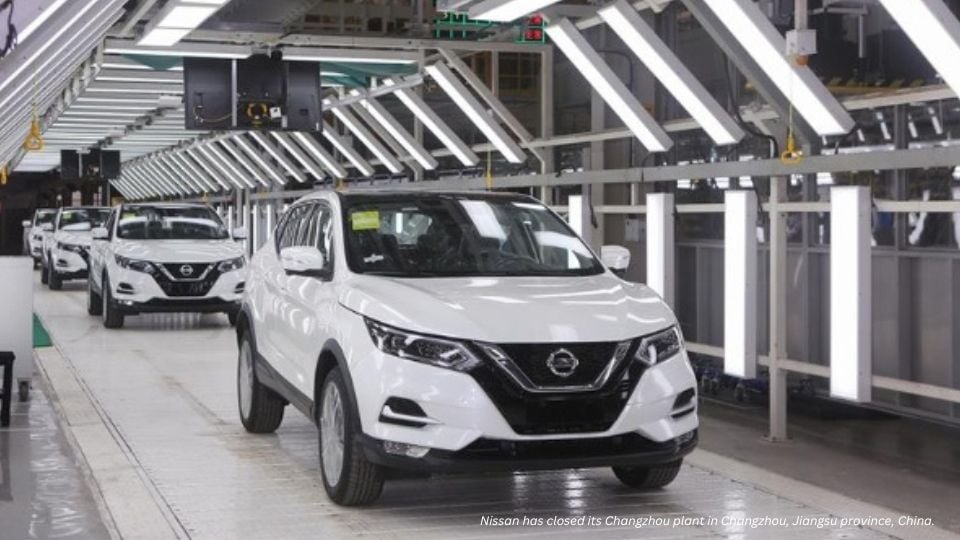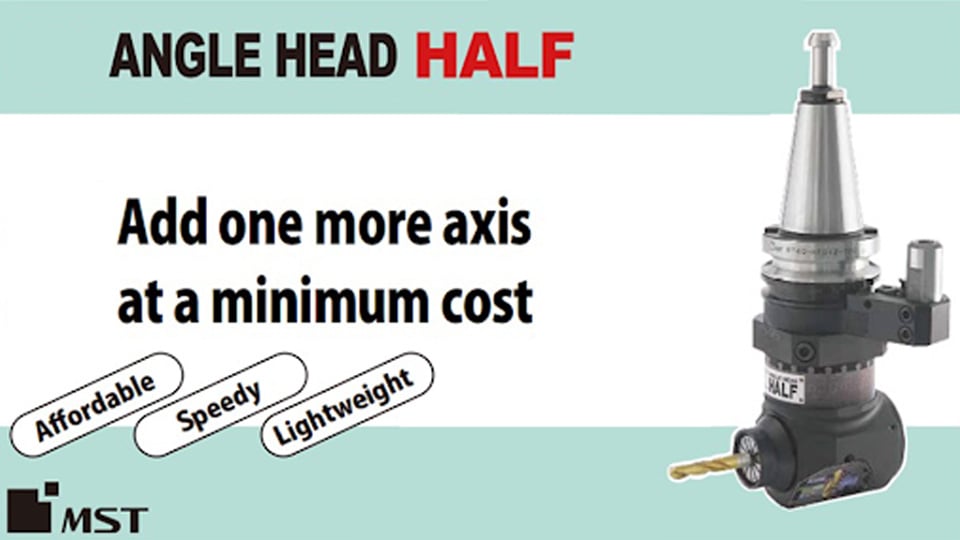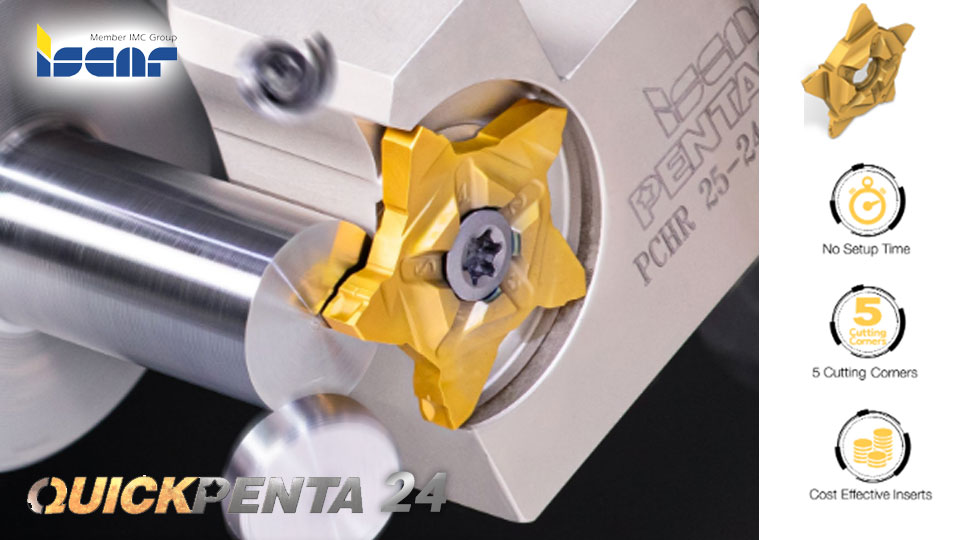
Japanese Automakers Rethink China Strategy Amid Slow Response to NEV Price Wars
Japanese automakers are being forced to rethink their China strategies. Nissan has closed some of its factories, Honda is planning to cut staff, and Mitsubishi has already withdrawn from the market. As local automakers emerge with new energy vehicles (NEVs), Japanese automakers are struggling with sales. How can they improve their competitiveness and overcome this difficult situation?
In June, Nissan closed its factory in Changzhou, Jiangsu Province, China. This state-of-the-art factory had only started operations in 2020. The annual production capacity was about 130,000 units, accounting for about 10% of Nissan’s total in China, but the closure will allow the company to optimize its capacity.
Other companies are also being forced to change their strategies. In May, Honda Motor Co., Ltd. began accepting voluntary retirement applications at its Chinese joint venture subsidiary, Guangqi Honda Co., Ltd. (Guangzhou, Guangdong Province). Mitsubishi Motors Co., Ltd. will dissolve its joint venture with a local company in 2023 and shift its focus to the Association of Southeast Asian Nations (ASEAN) market.
The struggles of Japanese automakers stem from the expansion of electric vehicles (EVs) and other new energy vehicles (NEVs). With support from the Chinese government, sales of NEVs in 2021 increased significantly by 37.9% from the previous year to 9,495,000 units, growing to account for more than 30% of the total market.
Japanese automakers, focusing on gasoline-powered vehicles, lack competitive NEVs and are experiencing sluggish sales. According to research firm MarkLines, the number of vehicles sold by
Japanese automakers fell from 4,567,600 in 2019 to 3,829,000 in 2023. Their market share dropped from 21.3% to 14.7%, and in the cumulative January-May period of 2024, it had shrunk to 12.4%.
The oversupply situation has not normalized, and intensifying price competition is leading to deflation in the automobile industry. It is becoming a battle of endurance, and Japanese manufacturers will be in a situation where they will "have to survive for several years to come" (Yoichi Miyazaki, Executive Vice President of Toyota Motor Corporation).
Seiji Sugiura, a senior analyst at Tokai Tokyo Intelligence Lab, said, “The situation is far removed from what Japanese manufacturers envisioned two or three years ago. It’s time to reassess our strategy, assuming the market won’t grow.” Structural reforms that match the market are essential, and if that proves difficult, withdrawal will become a viable option.
What is the strategy for this comeback? Nakanishi Takaki, a senior analyst at Nakanishi Automotive Industry Research (Minato Ward, Tokyo), emphasizes, “(The solution) is to develop products that can be sold in China and to have cost competitiveness. It’s time to learn the Chinese way of making cars.”
To make a comeback, Japanese manufacturers will launch next-generation NEVs between late 2024 and 2025. Furthermore, in April, Toyota announced it would strengthen its collaboration with Tencent, a major Chinese IT company. The two companies will cooperate in the field of car intelligence, including advanced safety technology and multimedia. Chinese companies are ahead in software-defined vehicles (SDV) and artificial intelligence (AI), so collaboration in the IT field seems to be the key.
The time is coming when Japanese automakers will have to compete not only in the Chinese market but also on a global scale. Strengthening their competitiveness in China will determine the future fate of Japanese automakers.






